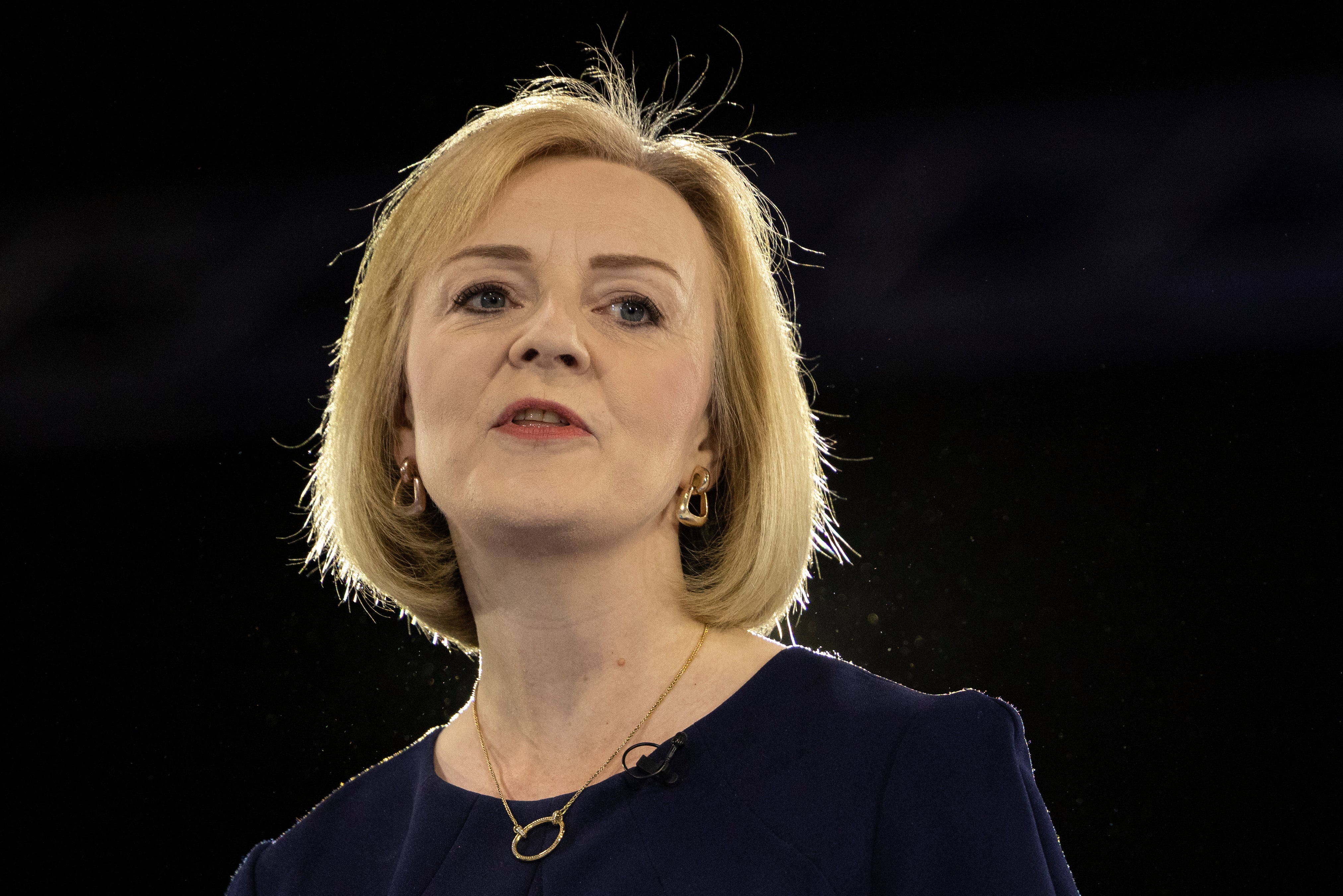In all my years reporting on opinion polls, I’ve never seen anything like this
The polls currently point to a bigger Labour landslide than in 1997, writes John Rentoul


Most of the time, the trouble with opinion polls is that people’s views don’t change that much, or that quickly. I often try to explain that what might look like a big shift in voting intention, for example, is probably random statistical variation and not the response to a news story that obsessed journalists but which most voters didn’t notice at all.
Not this time. Before what I insist on calling the emergency Budget on 23 September (it was certainly an emergency afterwards, if not before), the opinion polls were so-so. Liz Truss, who had been prime minister for 17 days, had failed to enjoy the traditional popularity bounce that greets a new leader, but the nation had been distracted for most of that time by the Queen’s death.
Labour enjoyed the same sort of leads it had held since Boris Johnson announced his resignation, wavering around 10 percentage points. As is often the case, though, it takes a few days for the effects even of momentous events to filter through into opinion polls. The first couple of polls carried out wholly after Kwasi Kwarteng’s statement showed Labour leads of 13 and 18 points, but it wasn’t clear until 5.30pm on Thursday that something historic had happened.
That was when YouGov’s poll showing a 33-point Labour lead was published. Journalists immediately fed the numbers into Electoral Calculus’s seats projector and reported that such a result in a general election would reduce the Conservatives to two or three seats.
One minute after YouGov was published, Survation published a poll showing a 21-point Labour lead. This obviously attracted less attention, but by the end of the day there were five new polls altogether and they confirmed that something dramatic had happened, as they also showed Labour about 20 points ahead – the sorts of figures that would produce a Labour landslide bigger than Tony Blair’s in 1997.
If YouGov seemed out of line, the next day it looked less lonely, with two other polls showing Labour leads of 30 and 32 points. There is now no doubt that the voters have noticed the Budget, and the market reaction to it, and the government’s reaction to the market’s reaction, and they don’t like what they see.
To keep up to speed with all the latest opinions and comment, sign up to our free weekly Voices Dispatches newsletter by clicking here
It is possible that this is one of those sharp reactions that is quickly reversed, as when William Hague briefly went into the lead over Tony Blair in five polls in September 2000 during the fuel protests. But this doesn’t feel like that to me. This feels more like the 1992 exchange rate humiliation of John Major. Looking back at those polls, what is surprising is that they showed a steady Tory decline and Labour rise for three months after the pound was devalued. This time the movement in opinion has been sharp, over a few days, with the average Tory line on the graph moving almost vertically down and the Labour line a mirror image upwards.
This weekend we may see more polls taken after Truss’s local radio interviews on Thursday. Given the outlook for the next few months of rising mortgage rates and political turmoil, I don’t think public opinion is likely to bounce back in Truss and Kwarteng’s favour soon, or indeed ever.
Yours,
John Rentoul
Chief political commentator



Join our commenting forum
Join thought-provoking conversations, follow other Independent readers and see their replies
Comments